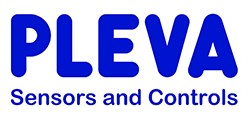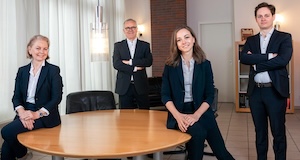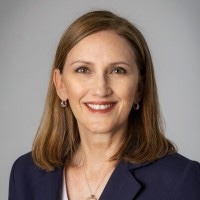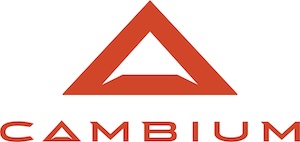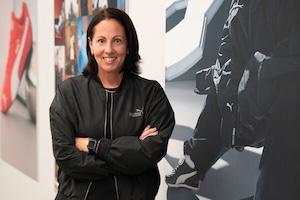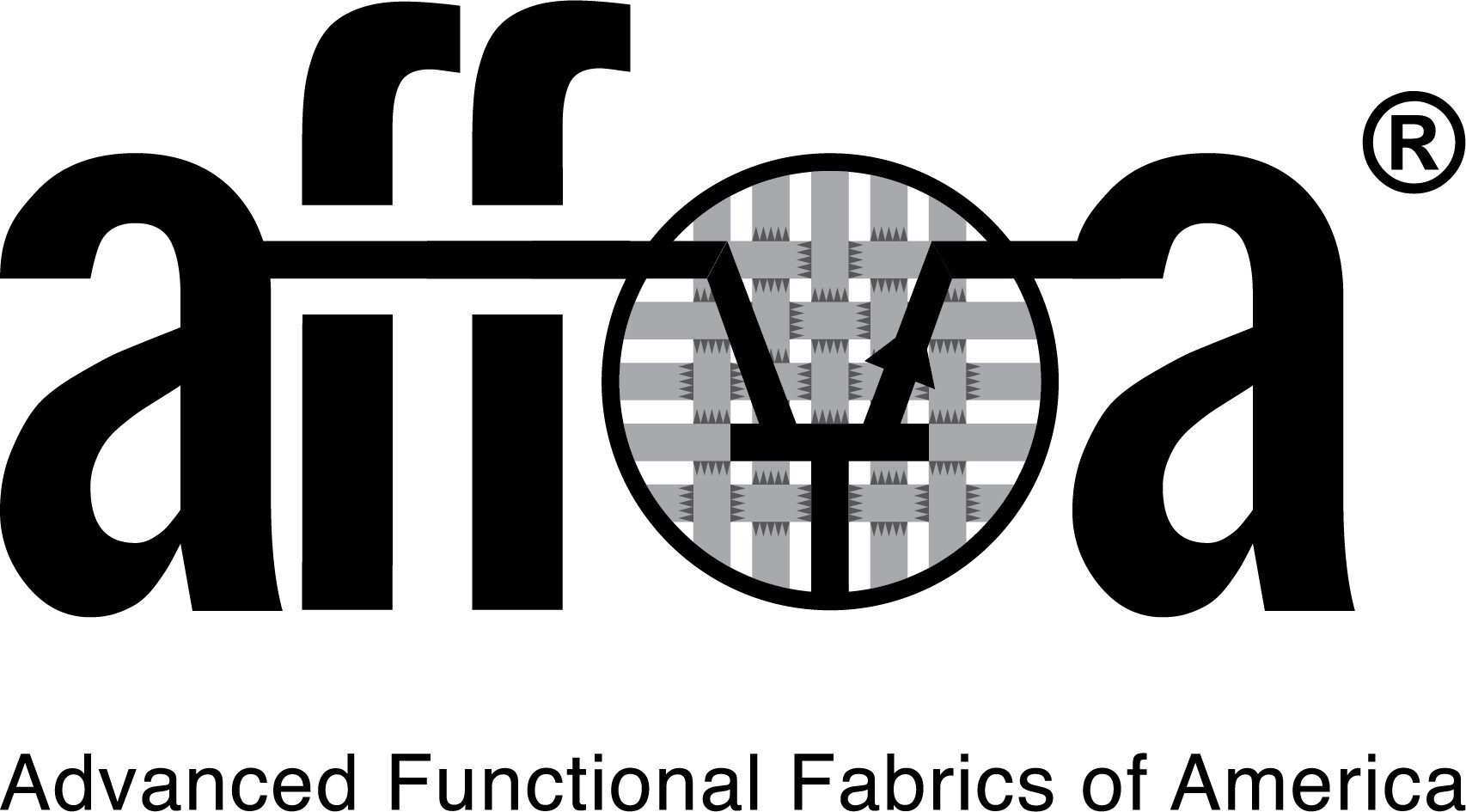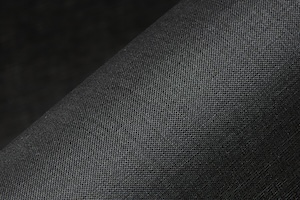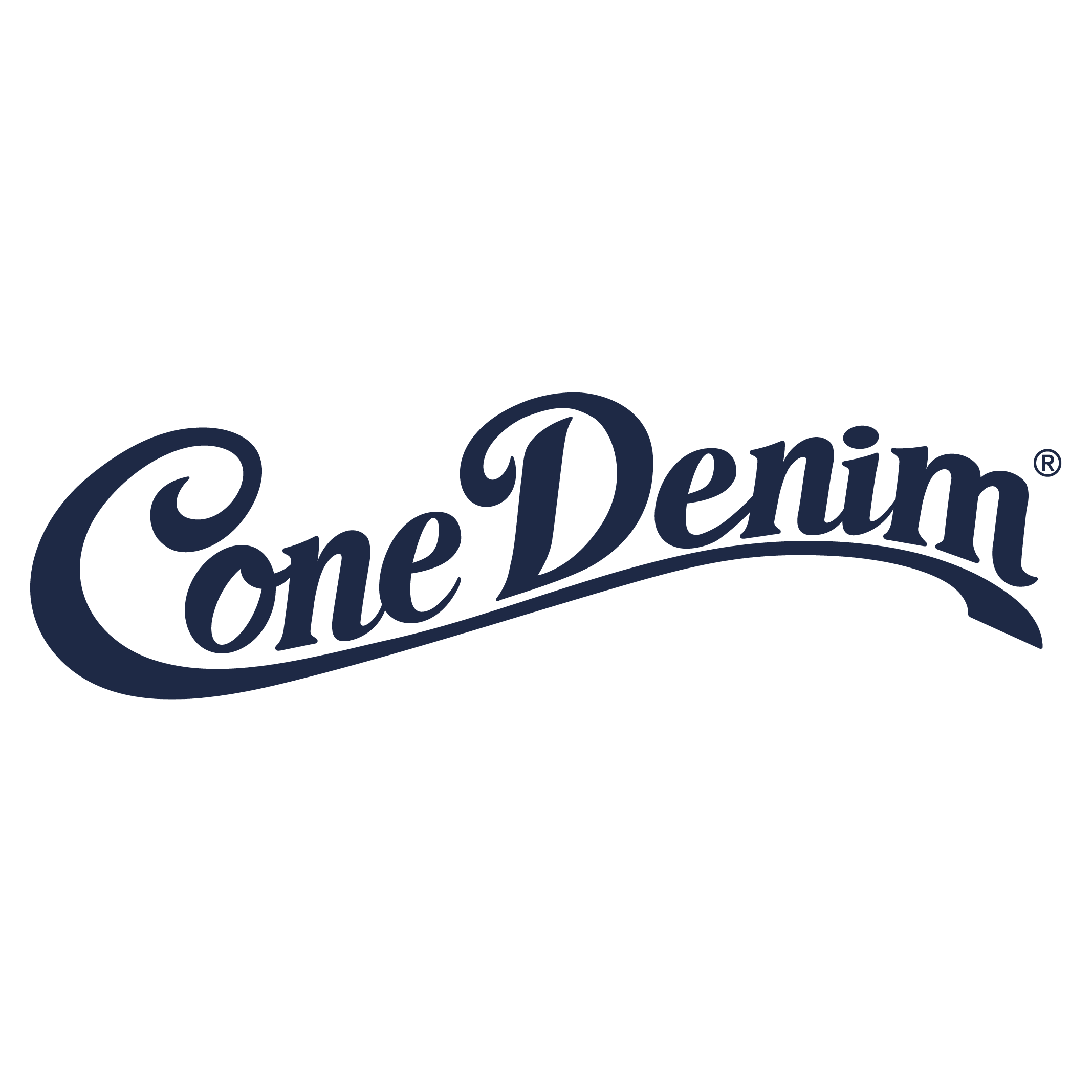 GREENSBORO, N.C. — April 9, 2025 — Cone Denim® will debut Rooted, a denim collaboration with AMK Atelier and videographer Eduard Nijgh, at Kingpins Show Amsterdam April 16-17. The collection follows the work of farmers at De Stadsgroenteboer in Amsterdam, documenting wear patterns and testing fabric durability for a full year in custom workwear designed by AMK Atelier. Rooted garments utilize a range of Cone Denim fabrics, including the most recent Cone Denim Community Deforestation selvedge fabric.
GREENSBORO, N.C. — April 9, 2025 — Cone Denim® will debut Rooted, a denim collaboration with AMK Atelier and videographer Eduard Nijgh, at Kingpins Show Amsterdam April 16-17. The collection follows the work of farmers at De Stadsgroenteboer in Amsterdam, documenting wear patterns and testing fabric durability for a full year in custom workwear designed by AMK Atelier. Rooted garments utilize a range of Cone Denim fabrics, including the most recent Cone Denim Community Deforestation selvedge fabric.
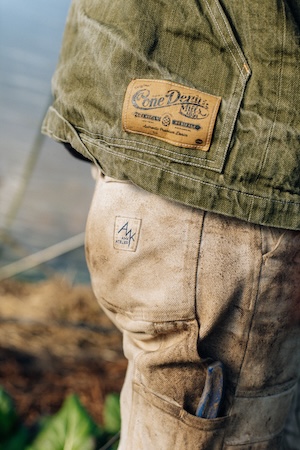 “The first fabric Cone ever produced was for workwear, designed to be durable and built to last,” stated Cone Denim Design Director Pierette Scavuzzo. “Fast forward 130 years, and we are still innovating in the workwear space, which remains a key market for us. Rooted is a celebrated collaboration, allowing us to reconnect with our roots while offering what we hope will be both an inspiring and unique perspective from an all-female team of farmers. I feel the content will remain inspiring and relevant to future designers, regardless of the time.”
“The first fabric Cone ever produced was for workwear, designed to be durable and built to last,” stated Cone Denim Design Director Pierette Scavuzzo. “Fast forward 130 years, and we are still innovating in the workwear space, which remains a key market for us. Rooted is a celebrated collaboration, allowing us to reconnect with our roots while offering what we hope will be both an inspiring and unique perspective from an all-female team of farmers. I feel the content will remain inspiring and relevant to future designers, regardless of the time.”
The AMK Atelier team visited farmers at De Stadsgroenteboer over the last year to learn about their work, create customized apparel unique to each farmer, and document the quality of the garments as they were worn over time. They observed each garment for all four seasons to align the characteristics with quarterly farming needs. Each season was filmed, photographed, and documented by Nijgh and shared across the Cone Denim and AMK Atelier social media channels.
“For too long, women have been forgotten by the world of workwear,” stated Rooted Designer and AMK Atelier Owner Maria Gunnarsson. “It has been a joy to remind our industry of the feminine.”
Each garment is crafted with intentional details by Gunnarsson, including extra pockets, belt loops, and accessories, all designed to elevate the functionality of the female-inspired workwear. Silhouettes from the collection include an array of modified vests, cargo pants, and convertible zipper pants created by Gunnarsson that can transform into shorts when desired.
The fabrics used for this collection intend to leave the smallest footprint possible while maintaining the durability to allow the garments to withstand life on the farm. Inspired by their archives, Cone chose fabric constructions that embody Rooted’s spirit in a sustainable way including innovative dye methods using 98 percent less water and sustainable fibers such as certified recycled cotton and Tencel™.
The Rooted capsule collection on display at Kingpins Amsterdam in April will showcase the final garments without any additional treatment or touchups. Gunnarsson and Scavuzzo hope that by displaying the garments in their natural state, attendees will be able to connect and leave inspired by real-life examples of fusing durability, function, and design in the workwear market.
“The intricate details and functionality that Maria has put into these garments are timeless,” added Scavuzzo. “When I envisioned the documentation of this collection throughout the harvest year, I thought about the possibility of someone viewing our Rooted collection 20, 50, or even 100 years from now. We hope this collection serves not only as a piece of history but also as an archive that continues to inspire for generations to come.”
Posted: April 9, 2025
Source: Cone Denim


